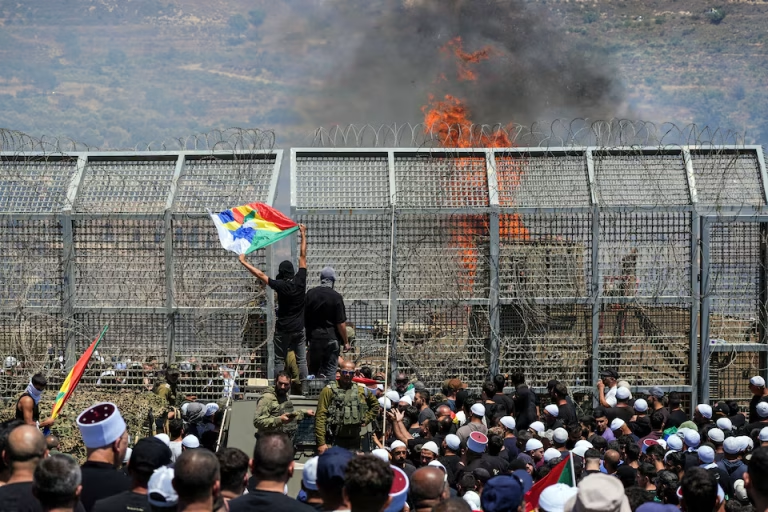Tensions in the Middle East surged on Wednesday after Israel launched a wave of airstrikes on key military and political targets in Syria, including the presidential palace and the defense ministry headquarters in Damascus. What triggered the violence, and how did it develop?

Deadly Clashes in Sweida Trigger Israeli Intervention
The Druze-majority province of Sweida (or Suwayda) has been at the center of renewed violence between Syrian regime forces and local militias for the past four days. Despite a declared ceasefire, clashes resumed, leaving more than 250 people dead and drawing Israel into the conflict.
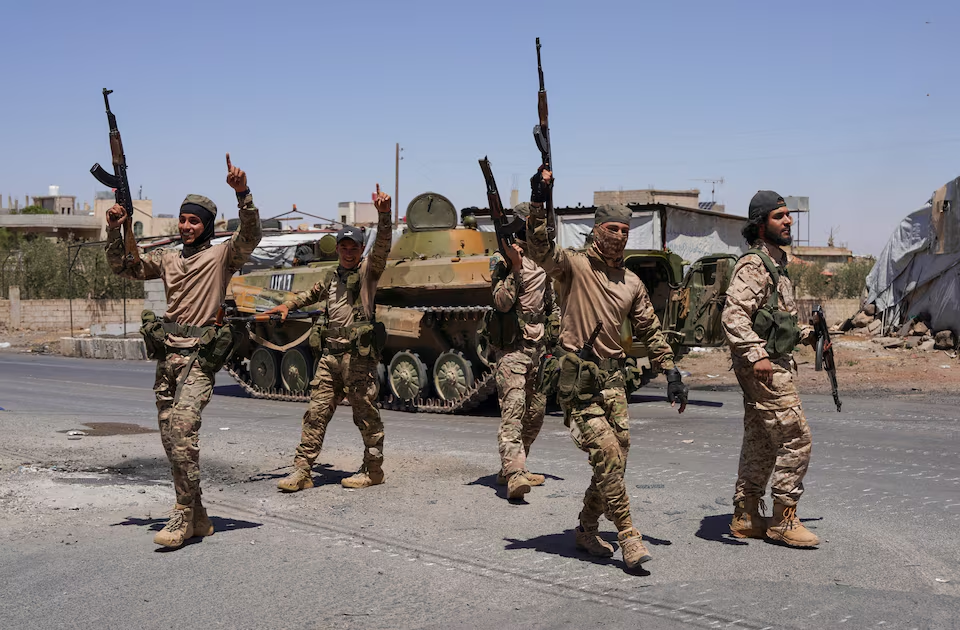
Israel Said It’s Protecting Druze, Vowed to Keep Striking
Israeli officials stated that the goal of the operation is to protect Druze civilians from Syrian regime aggression. Defense Minister Yisrael Katz confirmed the beginning of “painful blows” in Syria.
Prime Minister Netanyahu urged Israeli Druze citizens not to intervene, assuring them that the army would handle the situation. Nonetheless, Israel’s Channel 12 confirmed that at least 1,000 Israelis crossed the border into Syria yesterday.
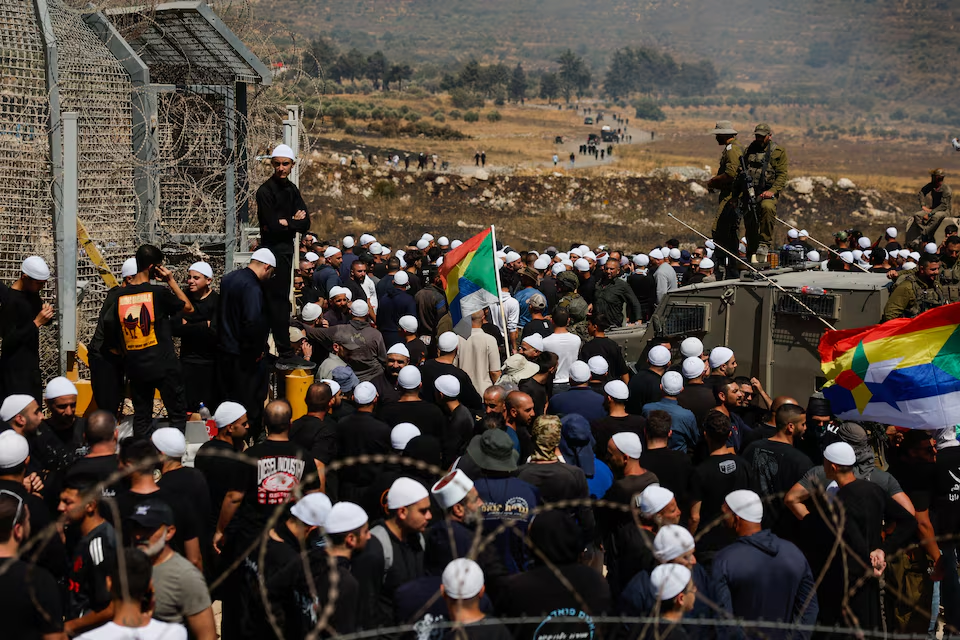
Israeli Airstrikes Hit Presidential Palace and Key Military Sites
The Israeli army claimed responsibility for striking over 160 Syrian regime targets, many of them in Sweida. In Damascus, airstrikes damaged parts of the defense ministry and hit near the presidential palace. Reports from Israeli media described the operation as one of the largest in recent memory.
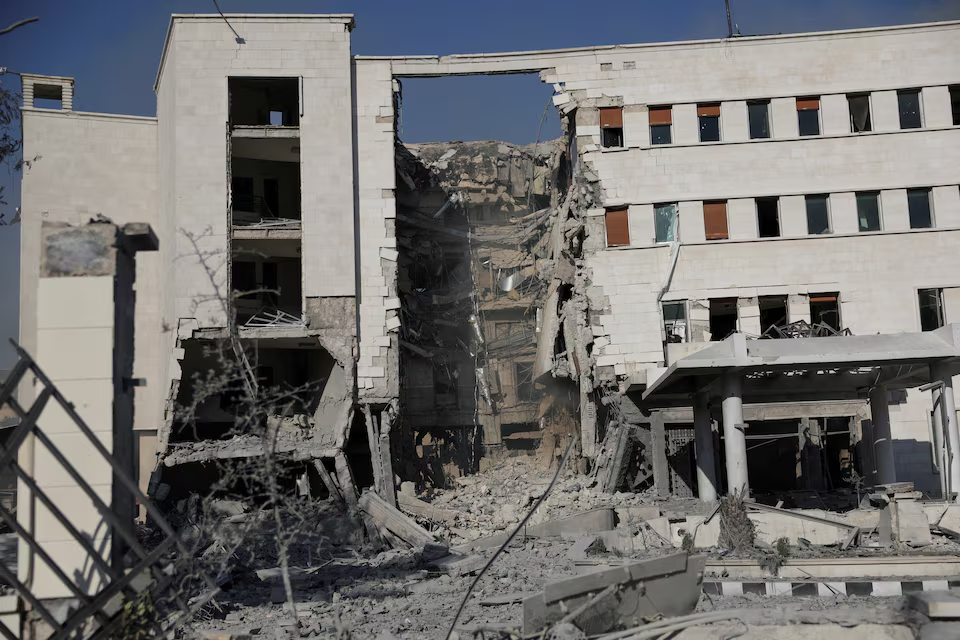
Medical Convoys Blocked, Dozens Found Dead in Sweida Hospital
Syria’s Ministry of Health said Israeli airstrikes were preventing the entry of medical aid to Sweida. A convoy of ambulances, doctors, and medical supplies was stalled, while dozens of civilian and security personnel’s bodies were discovered inside Sweida’s main hospital after the clashes.

Washington and the Arab League Urge De-escalation and Dialogue
The U.S. called for all sides to engage in dialogue and avoid further violence. President Donald Trump emphasized de-escalation, while Secretary of State Marco Rubio acknowledged the complexity of the situation. The Arab League labeled the Israeli strikes as a violation of Syria’s sovereignty.
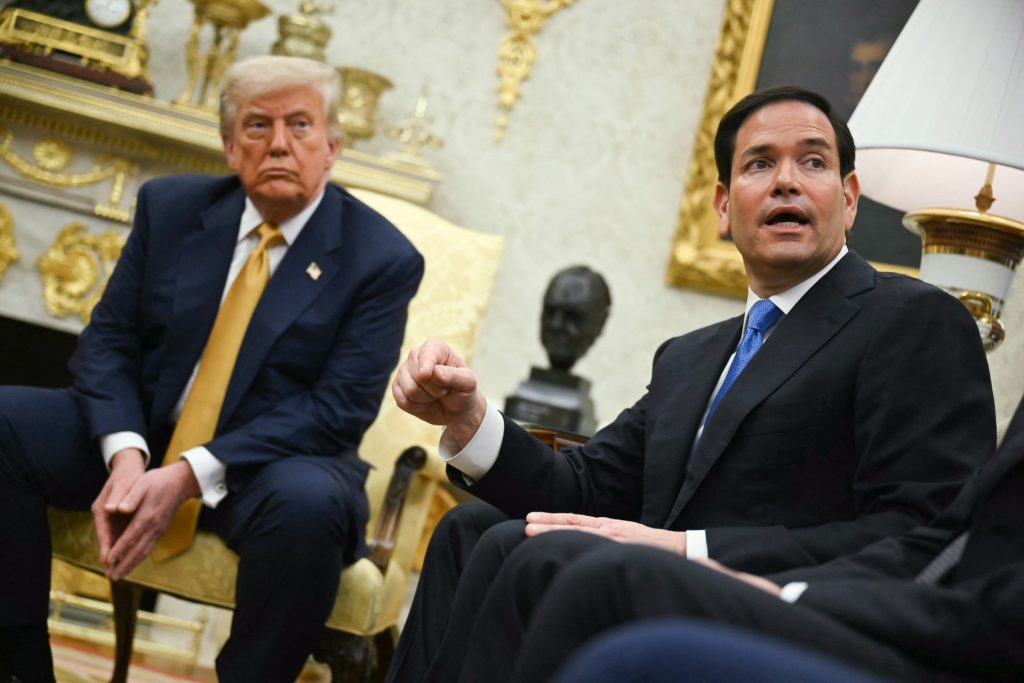
Syrian Interim Chooses De-escalation Over Open War
In a national address, interim President Ahmed al-Sharaa condemned the Israeli strikes and warned against plunging Syria into chaos and division. He stated that the government had chosen to avoid open war and instead chose to “prioritize the national interest” through de-escalation.
The Syrian army forces started withdrawing from Sweida and handed local leaders and wise sheikhs the task of restoring order in Sweida.
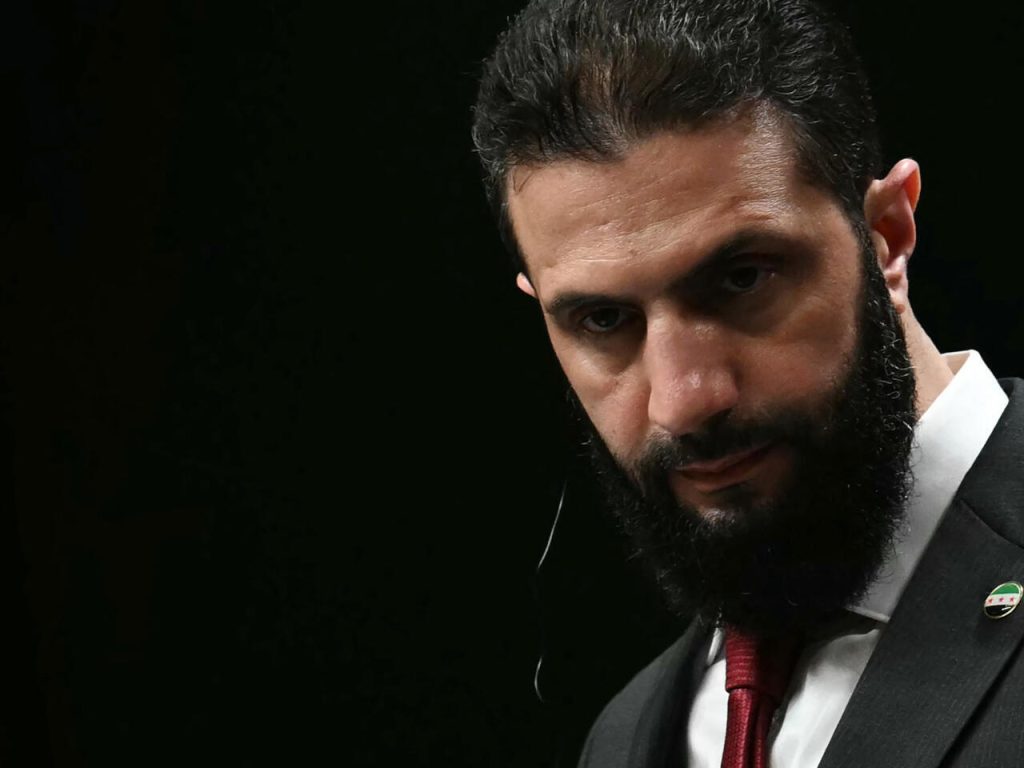
What This Means for Syria and the Region
With over 250 people reported dead in recent days and key government sites targeted, the developments signal a shift in the trajectory of the Syrian conflict. Syria continues to face mounting internal challenges alongside increasing external military activity. The situation raises new questions about sovereignty, the protection of minority communities, and the broader stability of the region.
WE ALSO SAID: Don’t Miss…Ahmed al-Sharaa Named Syria’s Transitional President: Who Is He and What Lies Ahead?


